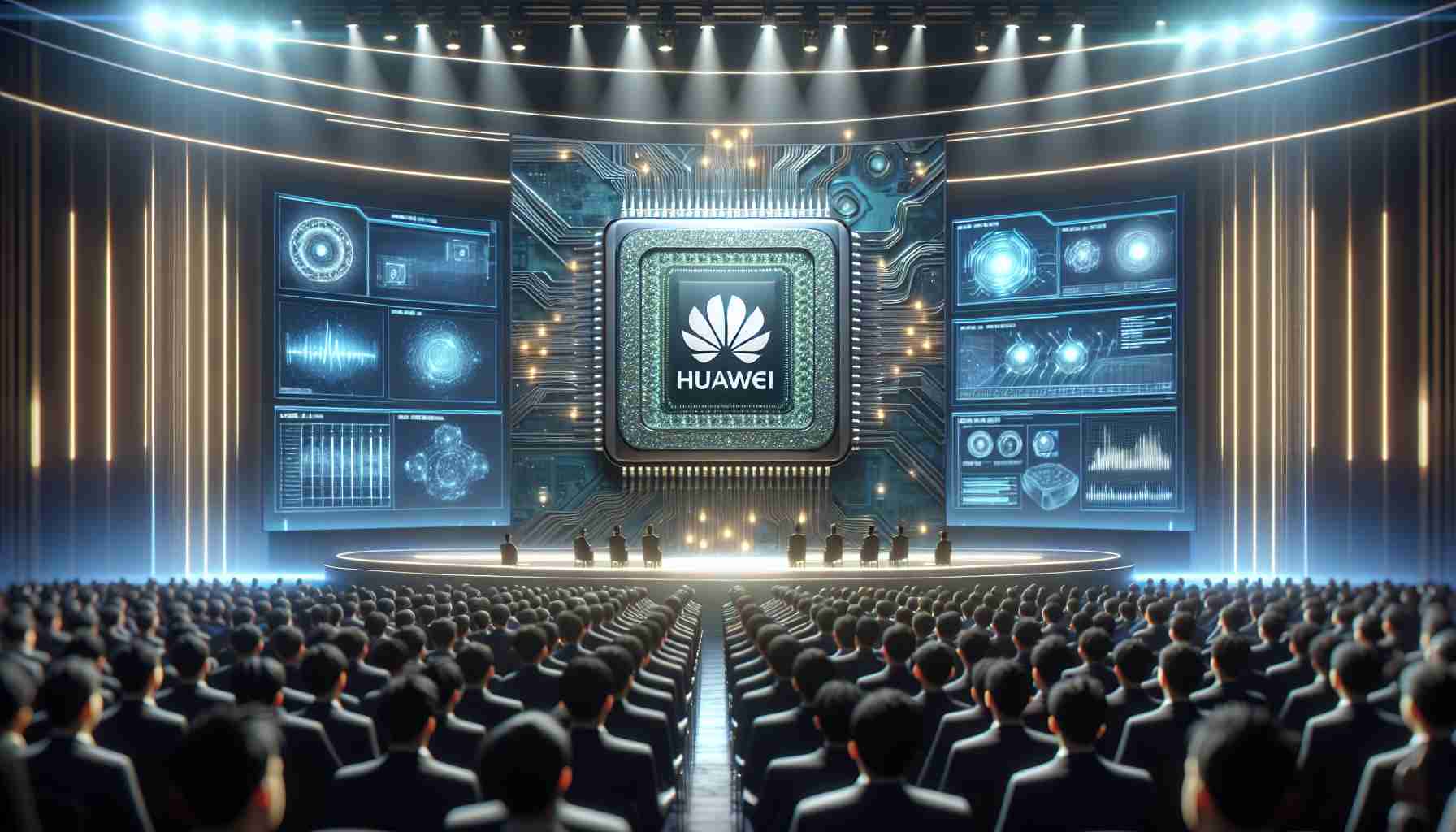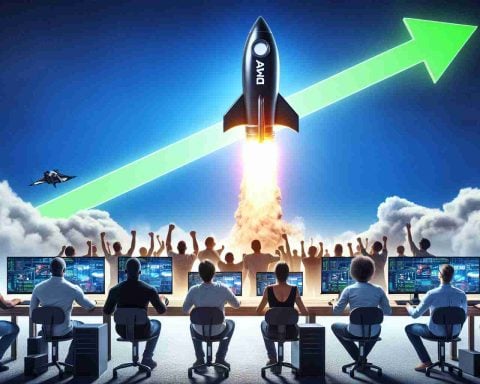Huawei Technologies is poised to shake up the Chinese market with the launch of its groundbreaking artificial intelligence (AI) chip, aiming to directly rival Nvidia. The chip, known as the Ascend 910C, is currently undergoing rigorous testing by Chinese internet and telecom companies. This move comes as Huawei challenges Nvidia’s dominant position in China, which has been further complicated by recent US sanctions that restrict Nvidia from selling its advanced chips, including the H100, to Chinese customers.
Huawei’s Ascend 910C is set to be on par with Nvidia’s renowned H100, based on discussions between Huawei and potential clients. With the US sanctions significantly impacting Nvidia, the company has had to develop three chips specifically tailored for the Chinese market, with reduced computing power to comply with the restrictions.
Despite facing production delays and potential disruption due to additional US restrictions, Huawei aims to commence shipping the Ascend 910C as early as October 2024. Initial discussions with potential customers such as ByteDance, Baidu, and China Mobile indicate a strong demand for Huawei’s new chip, with orders potentially surpassing 70,000 units and a total value of around $2 billion (14.3 billion yuan), according to insider sources.
This recent development highlights Huawei’s resilience amidst American efforts to limit its access to cutting-edge technology. Notably, a recent analysis of Huawei’s Mate 60 Pro smartphone revealed a chip manufactured by China’s leading chipmaker SMIC, supporting 5G connectivity despite US sanctions. Furthermore, Huawei’s consumer business, including smartphones and laptops, is making a comeback, challenging Apple in the Chinese market.
Since 2018, the US has imposed sanctions on Huawei to safeguard its networks and supply chains. These sanctions intensified in 2019, with a trade blacklist preventing American companies from supplying technology to Huawei, including 5G chips. In 2020, the restrictions became even more stringent, leading to the revocation of licenses held by companies like Intel and Qualcomm to sell chips to Huawei, based on national security and foreign policy interests.
Concurrently, China is reinforcing its domestic chip industry by investing approximately $48 billion (343.2 billion yuan) in a third chip fund, aiming to enhance its tech sector.
Additional facts:
– Huawei’s Ascend 910C chip is based on the company’s own architecture called Da Vinci, which is designed specifically for artificial intelligence applications.
– The chip is expected to deliver a performance of 256 teraflops and can be used in areas such as cloud computing, autonomous driving, and scientific research.
– Huawei is also working on a new version of the chip, the Ascend 920, which is expected to be even more powerful and energy-efficient.
Key questions and answers:
1. How does Huawei’s Ascend 910C chip compare to Nvidia’s H100?
The Ascend 910C chip is set to be on par with Nvidia’s H100 in terms of performance and capabilities.
2. How have US sanctions affected Nvidia’s position in the Chinese market?
The US sanctions have restricted Nvidia from selling its advanced chips, including the H100, to Chinese customers, giving Huawei an opportunity to challenge its dominant position.
3. When is Huawei planning to begin shipping the Ascend 910C?
Huawei aims to commence shipping the Ascend 910C as early as October 2024.
Key challenges and controversies:
– Huawei faces potential production delays and disruptions due to additional US restrictions, which could affect its ability to meet the demand for the Ascend 910C.
Advantages:
– Huawei’s Ascend 910C chip provides a viable alternative to Nvidia’s advanced chips in the Chinese market, especially in light of the US sanctions.
– The chip’s performance and capabilities make it suitable for a wide range of AI applications, offering potential benefits in fields like cloud computing, autonomous driving, and scientific research.
Disadvantages:
– Huawei’s reliance on its own chip architecture means it may face challenges in terms of compatibility and ecosystem support compared to established players like Nvidia.
– The US sanctions and ongoing restrictions create uncertainties for Huawei, potentially impacting its ability to deliver the Ascend 910C on schedule and meet the demand.
Suggested related links:
– Nvidia
– Huawei
– ByteDance
– Baidu
– China Mobile
– SMIC
– Apple China






















